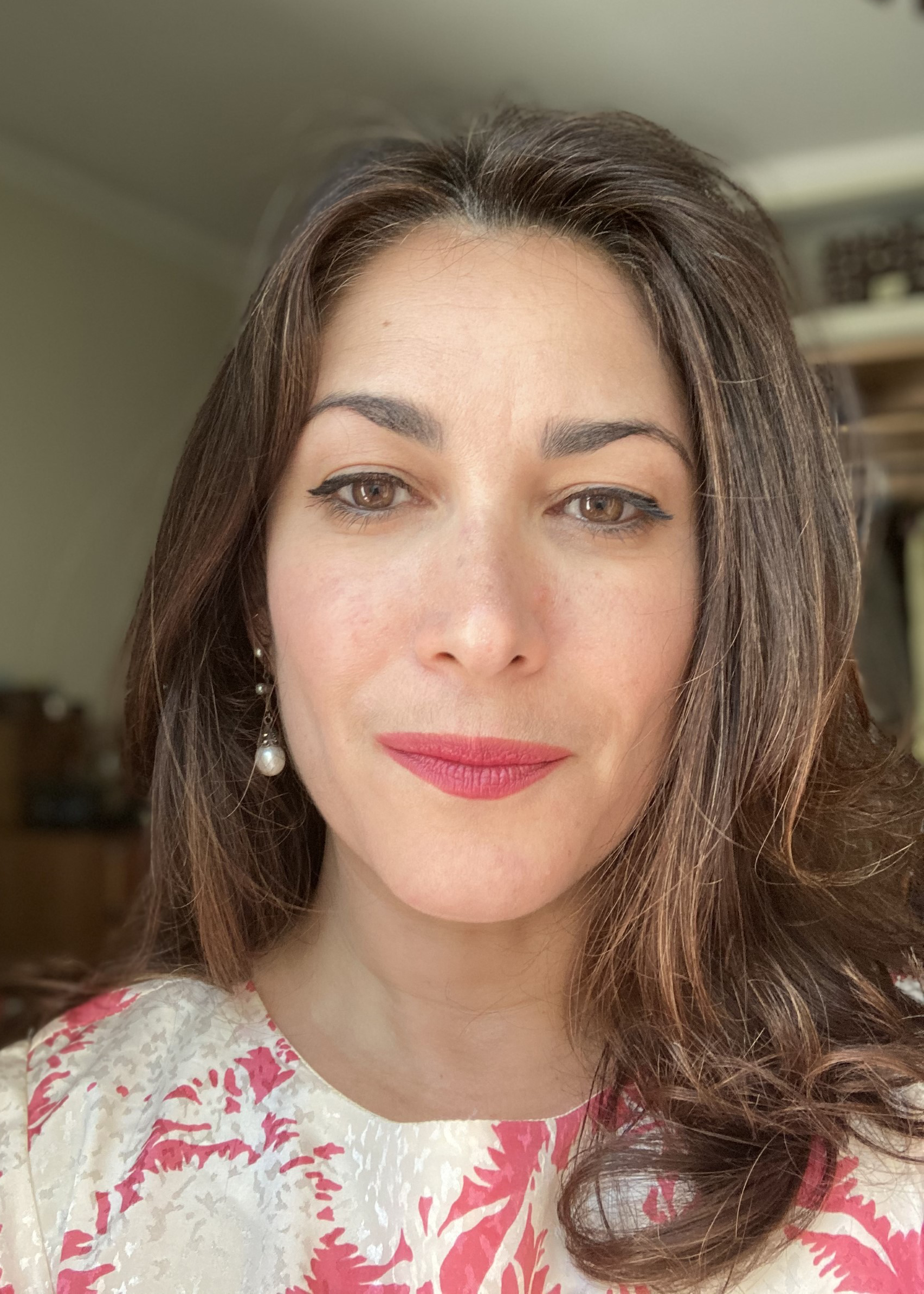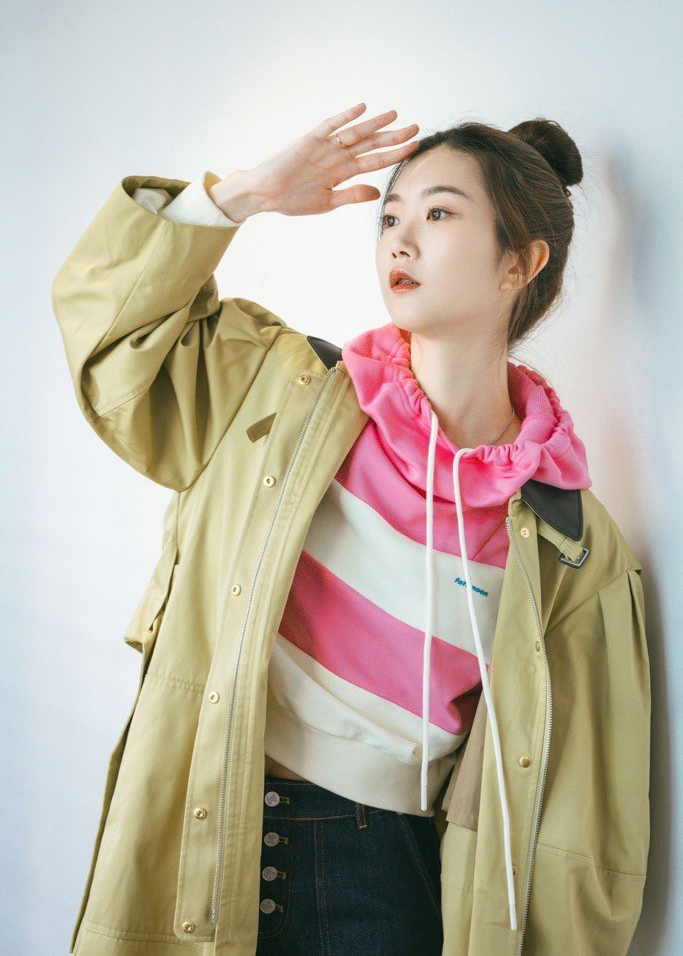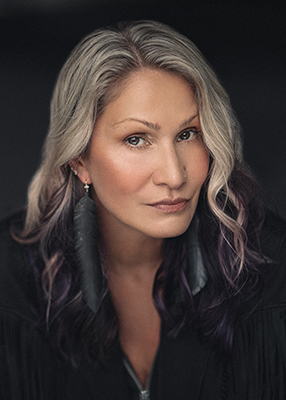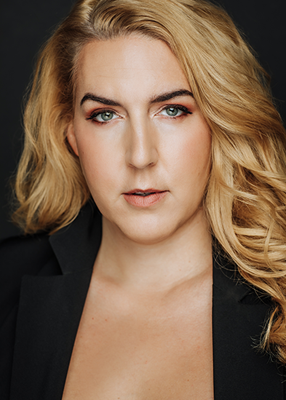Dalya Al Masri
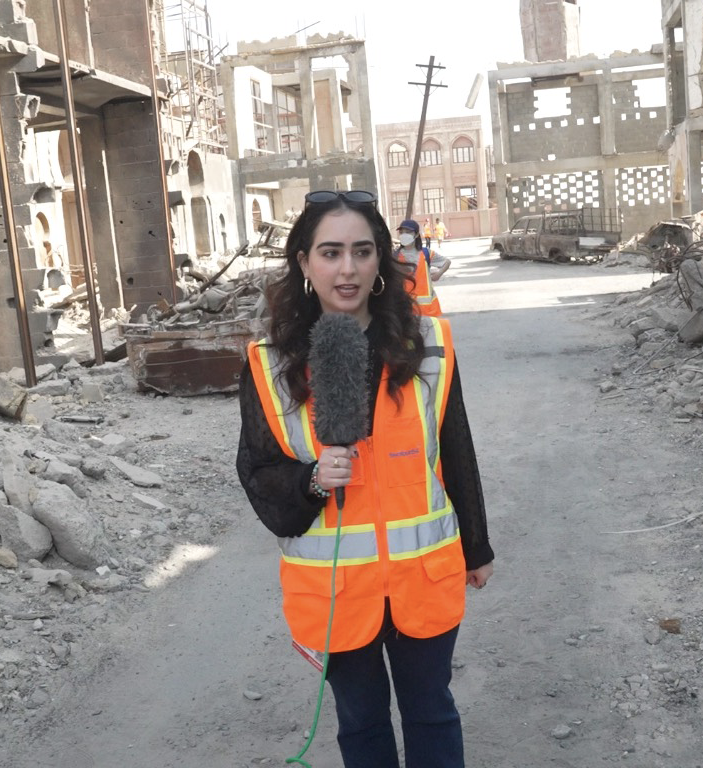
Why did you choose your program at UBC and what did you enjoy most about it?
I chose Political Science because of my interest in our world, the theories that shape it, the systems in place, and how we function as a society. I enjoyed meeting people who changed my life and my worldview, and people who have shaped my thinking and challenged my preconceived notions, especially my former professor Dr. M.V. Ramana at the School of Public Policy and Global Affairs. I’ve been able to learn so much from Dr. Ramana, and get involved in my community because of the time he spent mentoring me.
What were some of your most meaningful experiences at UBC?
Everything. From being in a dusty lecture hall to being in discussions, to the vibrant campus life, the beautiful libraries that have witnessed decades of student stress that melts away the minute you leave the academic walls. My time at UBC will be forever cherished.
What choices did you make at UBC that contributed to your career success / journey?
My involvement with different clubs and groups, attending all kinds of events, seminars, book launches, and nurturing relationships with professors and peers. Without it, I wouldn’t be where I am today.
What was your first job after graduation and what other jobs did you have before your current position?
After graduation I was interested more in the NGO world of human rights and worked with United Nations Association in Canada while freelancing for journalism outlets.
Is your current career path as you originally intended? What challenges did you face in launching your career?
Careers are a tricky thing—but also a scary thing. Since journalism is incredibly competitive, it took me a while to get to where I am today. There were obstacles and major changes as I went from the world of NGOs to reporting on war and conflict, and seeking to gain my foothold in the world.
What do you like about current job and what do you find challenging? How does it relate to your degree?
The unpredictability of it all—but also shedding a light on war, conflict, and human interest stories through trauma-informed reporting. I have written about oppression, environmental disasters such as the Türkiye-Syria earthquake, the remnants of war in Iraq, and communities who face displacement. Everything I learned throughout my degree stays with me in my job, especially because of the professors who have invested their time and energy in shaping who I am, and some who I still keep in touch with closely.
From your experience, what has been the value of having an Arts degree?
How multidisciplinary it is. From learning about Middle Eastern history and American politics, to macroeconomics, human geography and Italian, my education was well rounded in that it gave me a foundation to expand my own understanding and seek other perspectives and scholarship from people of colour. I was grateful to have professors who shared with me literature on colonialism, gentrification, and the bureaucracy of non-governmental organizations, but also challenged me to think outside the box.
What advice would you give to students and alumni interested in breaking into your industry?
Network. As cliché as it sounds, build your internal portfolio by going to events and lectures, and attend all your classes. Speak to professors outside of class, find journalists to give you advice, find a mentor, and most importantly, seek every opportunity within UBC and take it. You are the master of your own life.
What advice would you give to your first-year self?
Breathe. You will be okay.
Dalya Al Masri



Why did you choose your program at UBC and what did you enjoy most about it?
I chose Political Science because of my interest in our world, the theories that shape it, the systems in place, and how we function as a society. I enjoyed meeting people who changed my life and my worldview, and people who have shaped my thinking and challenged my preconceived notions, especially my former professor Dr. M.V. Ramana at the School of Public Policy and Global Affairs. I’ve been able to learn so much from Dr. Ramana, and get involved in my community because of the time he spent mentoring me.
What were some of your most meaningful experiences at UBC?
Everything. From being in a dusty lecture hall to being in discussions, to the vibrant campus life, the beautiful libraries that have witnessed decades of student stress that melts away the minute you leave the academic walls. My time at UBC will be forever cherished.
What choices did you make at UBC that contributed to your career success / journey?
My involvement with different clubs and groups, attending all kinds of events, seminars, book launches, and nurturing relationships with professors and peers. Without it, I wouldn’t be where I am today.
What was your first job after graduation and what other jobs did you have before your current position?
After graduation I was interested more in the NGO world of human rights and worked with United Nations Association in Canada while freelancing for journalism outlets.
Is your current career path as you originally intended? What challenges did you face in launching your career?
Careers are a tricky thing—but also a scary thing. Since journalism is incredibly competitive, it took me a while to get to where I am today. There were obstacles and major changes as I went from the world of NGOs to reporting on war and conflict, and seeking to gain my foothold in the world.
What do you like about current job and what do you find challenging? How does it relate to your degree?
The unpredictability of it all—but also shedding a light on war, conflict, and human interest stories through trauma-informed reporting. I have written about oppression, environmental disasters such as the Türkiye-Syria earthquake, the remnants of war in Iraq, and communities who face displacement. Everything I learned throughout my degree stays with me in my job, especially because of the professors who have invested their time and energy in shaping who I am, and some who I still keep in touch with closely.
From your experience, what has been the value of having an Arts degree?
How multidisciplinary it is. From learning about Middle Eastern history and American politics, to macroeconomics, human geography and Italian, my education was well rounded in that it gave me a foundation to expand my own understanding and seek other perspectives and scholarship from people of colour. I was grateful to have professors who shared with me literature on colonialism, gentrification, and the bureaucracy of non-governmental organizations, but also challenged me to think outside the box.
What advice would you give to students and alumni interested in breaking into your industry?
Network. As cliché as it sounds, build your internal portfolio by going to events and lectures, and attend all your classes. Speak to professors outside of class, find journalists to give you advice, find a mentor, and most importantly, seek every opportunity within UBC and take it. You are the master of your own life.
What advice would you give to your first-year self?
Breathe. You will be okay.
